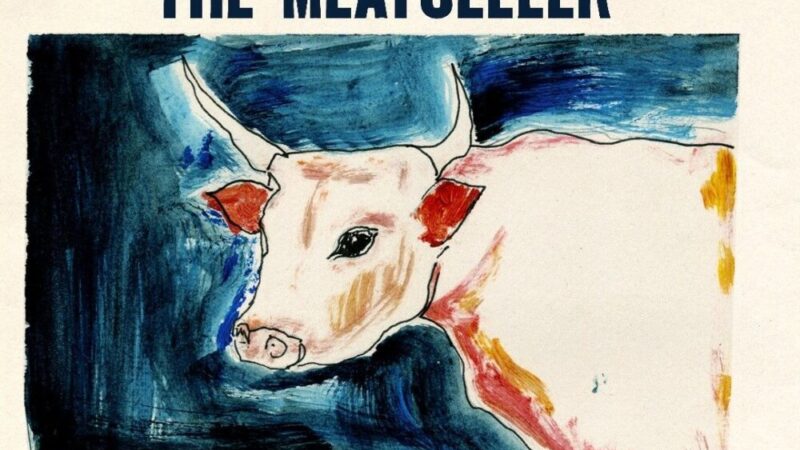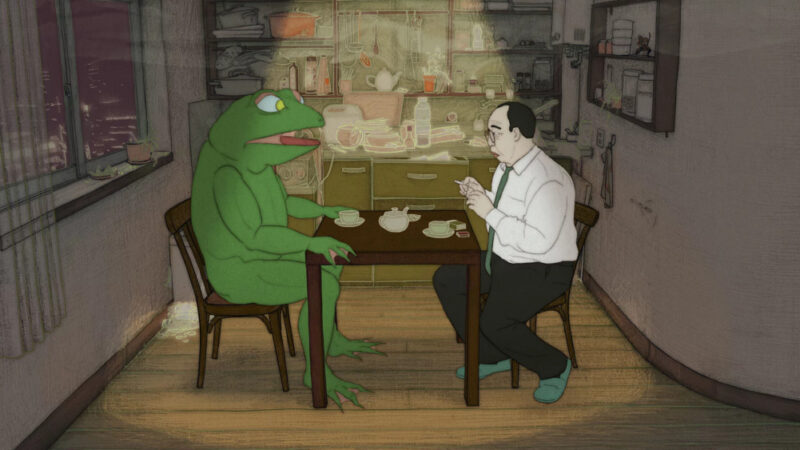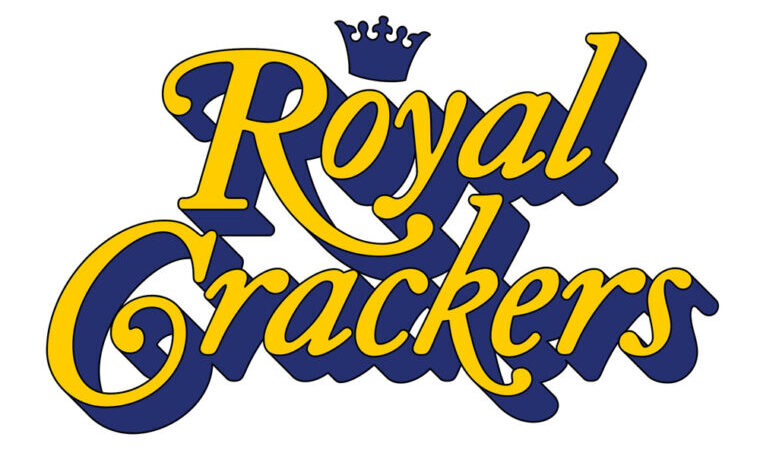Do virtual festivals work? To find out, we went to Stuttgart without leaving home.

Of course, I got an electronic badge and verified the event. The following are my impressions, not on the programming, but on the experience of the online festival itself, which is becoming a fixture in this crisis ...
accesso
The layered prices seem to me a sustainable and nuanced way to structure an online festival. Hosted in the foreground on the festival home page and on the pages of Vimeo, YouTube and Facebook, it presented a series of conferences, interviews and films (mostly old ones). This function makes sense as a tool to raise awareness on OnlineFestival.ITFS.de and stimulate involvement. Each time I registered, the number of spectators was between 50 and 70, reaching 150 for the award ceremony.
Putting the rest of the festival behind a payroll creates revenue for the festival and (hopefully) directors / distributors. (OnlineFestival.ITFS.de also had sponsors and advertisements.) The paywall also reassures directors / distributors who fear that a free and free screening of their new film would compromise existing agreements, such as presale on a channel.
The organizers tell me that around 75% of the shorts and 30% of the shows initially selected for the real-life festival ended on OnlineFestival.ITFS.de. This is more than enough to justify the € 9,99 price tag, but also proof that a significant number of directors / distributors decided the virtual event wasn't worth it.
Live events
The master classes, questions and answers were divided into two main time slots: early afternoon and early evening (German time). An obvious advantage of the virtual format is that international guests can participate relatively easily. OnlineFestival.ITFS.de made the most of this: I saw conversations from industry figures living in the United States. United States, France and Saudi Arabia. Viewers were asked to ask questions through Zoom, although I didn't see much acceptance for this feature.
Sometimes there were problems with sound levels and lag - during a master class, the broadcast often stopped for up to ten seconds at a time. This problem is endemic to experiencing online conversations of this kind, not exclusive to Stuttgart. On the other hand, everything worked in time, a rarity in festivals.
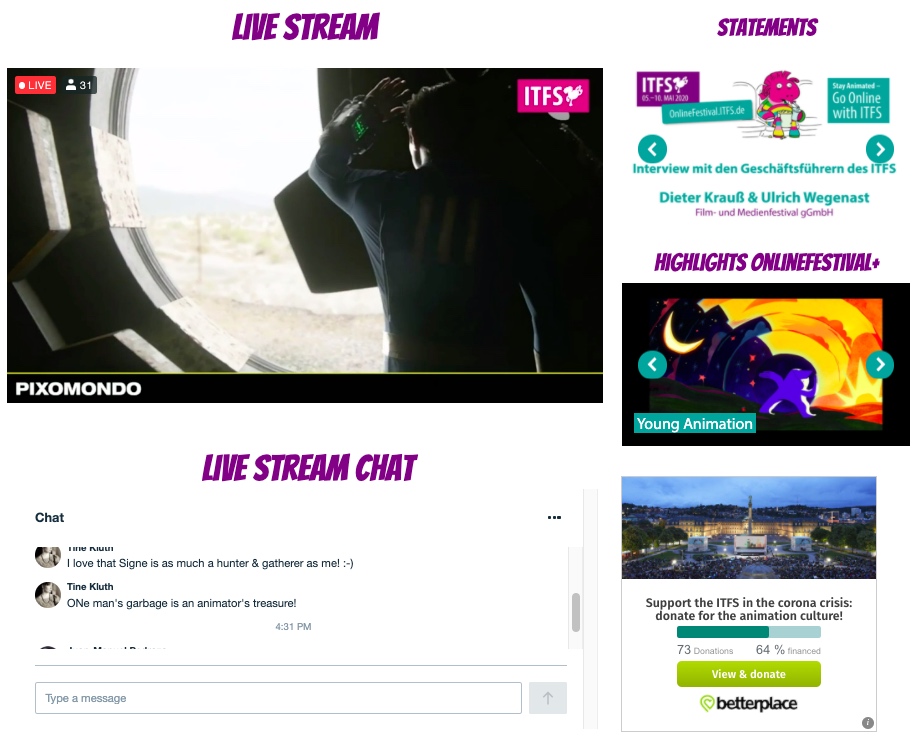
Movies
The various strands and sidebars of the competition have been carefully laid out on separate pages. There are no films (except the two films) with geographic restrictions. From the point of view of a short film director competing for audience attention, this format seemed to me always more democratic than a festival in real life.
More democratic because all the films are there, individually screened and available for viewing at any time. The size of your audience does not depend on the whims of the projections: there are no spaces in the cemetery or uncomfortable places far from the festival center. Less democratic because the public is not a prisoner. In a screening, the shorts are chosen for me and I pay equal attention to everyone. On my computer, without this structure, I found myself selecting films from directors I already knew. With video on demand, our biases are more likely to shape our viewing habits.
Numerous films of the competition were accompanied by short performances recorded by the directors. These often provided a fascinating insight into the production process and were sometimes fully creative or fun.
The
In general, the live broadcast was active from noon to midnight, German time. Someone in California, for example, was unable to make the most of it (even if, with a pass, they could broadcast competing films at any time, of course). This is not a problem for Stuttgart, which mainly attracts German and European crowds. But I'm curious to see how Annecy, the most globalized animation festival, handles programming in its online edition next month.
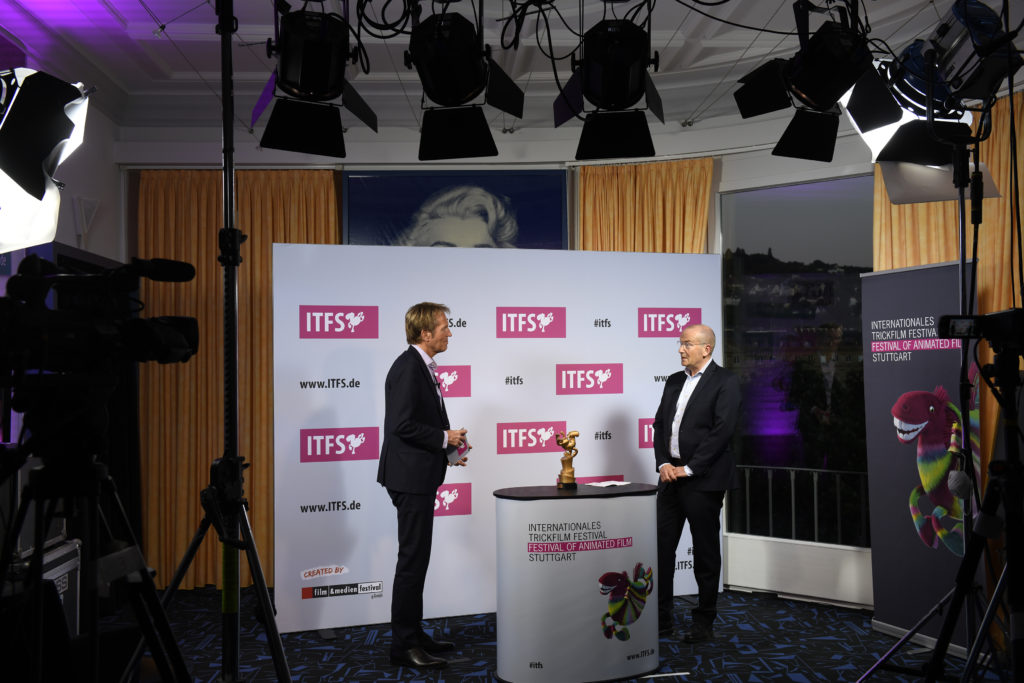


The interface
Given the complex structure of OnlineFestival.ITFS.de, its design was extraordinarily clear. Each level of the festival, in addition to its Gamezone fair, had its own card. Peripheral information (schedules, festival events, advertisements, etc.) was displayed without saturating the page.
The live feed slipped intermittently into German, but this was no more confusing than navigating a German event in real life. Next to the broadcast was a live text chat field, where organizers diligently answered questions, and viewers created an appearance of the festival's social life by commenting on the show.
The public
Who is an event like OnlineFestival.ITFS.de for? Professionals with specific projects to discuss participated: the € 19,99 pass gave access to business-to-business meetings, which I did not attend.
People in the industry who typically want to network, a large demographic in any festival, will find these festivals frustrating. There is no online substitute for bonding with strangers over a drink and no one talks about virtual festivals that permanently replace real-life ones. However, in the long run, organizers can see an advantage by expanding their online offering. Some are already talking about it.
Meanwhile, animation lovers who simply wanted to watch movies were well catered for by OnlineFestival.ITFS.de. Attending a festival in real life costs a lot more than € 9,99; for many, it's simply not an option. By opening a selection of the latest films to anyone with a stable internet connection, virtual festivals could turn new audiences into animation. The organizers from Stuttgart say that this is their ambition. The question is, will these new converts attend next year's edition or will they expect another substantial online program?
The Stuttgart organizers had several advantages: its reputation, the approval of sponsors (which certainly helped keep the price down) and the relative novelty of the virtual experience. What about smaller festivals planning online events in the coming months? The social experience is already lost for them. Plus, proactive animation fans will have already seen most of the films on the circuit, thanks to the likes of OnlineFestival.ITFS.de and Annecy Online. Which stores do those little festivals stay with? What will they have to do to attract viewers and filmmakers?
I enjoyed my time at OnlineFestival.ITFS.de (without even having a drink). But its success raises as many questions as there are answers.


